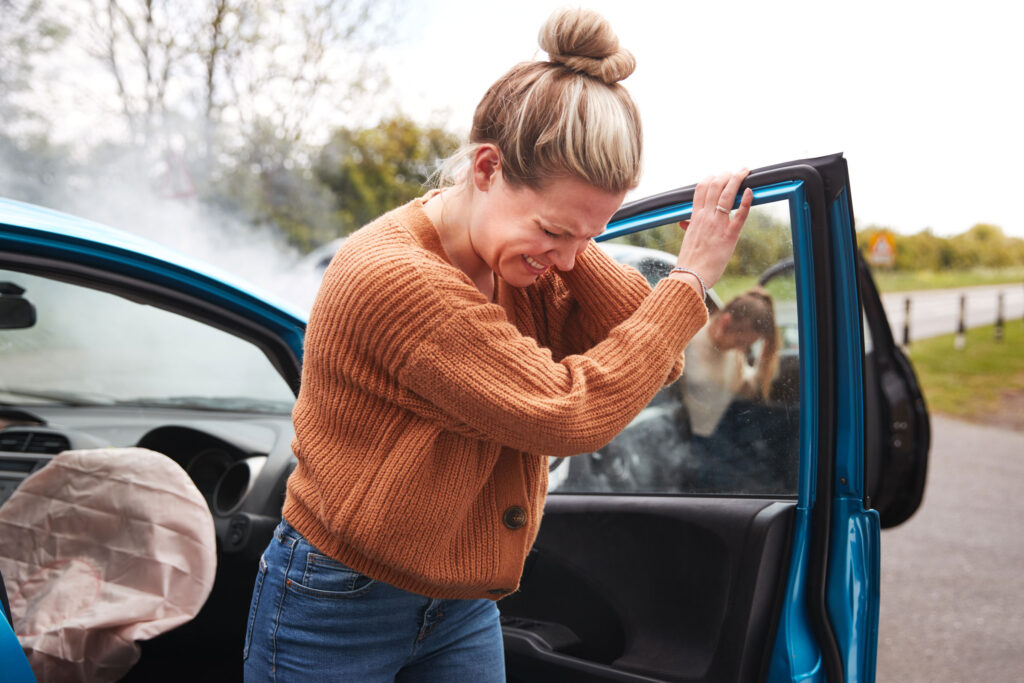California has no shortage of awe-inspiring roads, and many riders would be hard-pressed to give up the freedom they feel from riding, despite the many dangers they face from negligent motorists, road hazards, and other common causes of serious crashes.
The California Department of Transportation reported that there were 539 fatal motorcycle accidents in 2020 – with the number of catastrophic accidents several times that number. Tragically, many accidents occur due to a motorist failing to notice motorcyclists, a hazardous road condition, or other reasons that were not the biker’s fault.
What factors are considered in a motorcycle wrongful death lawsuit?
The primary factor motorcycle crash victims face is that insurance representatives and juries often hold unfair and inaccurate biases against those who ride motorcycles. Whether it is fueled by movies, television, or media portrayals of bikers, it can be challenging to get a fair shake when negotiating or fighting for compensation for someone else’s negligence. Harsh Law will work hard to dispel those incorrect notions and demonstrate how the other party’s negligence was the key factor in the crash. We believe that motorcyclists should not be blamed simply for their decision to ride.
Another unique challenge in motorcycle accident cases is the fact that not everyone knows how to ride a motorcycle, and not everyone has been in the position of the rider. Proving negligence often requires explaining how a motorcycle is operated, how crashes occur, and the reasoning behind a motorcyclist’s reactions leading up to the fatal accident. A knowledgeable California motorcycle accident lawyer can be invaluable in building a strong case and demonstrating to a jury what happened if a case goes to trial.
Who can file a lawsuit in a fatal motorcycle accident?
In California, several people are allowed to file a wrongful death lawsuit. Below are the eligible individuals, listed in order of priority as determined by the court:
- The Surviving Spouse of the Decedent
If the deceased person was legally married at the time of their death, the surviving spouse or registered domestic partner will have the primary right to file a wrongful death claim.
- The Decedent’s Surviving Child or Children
If there is no surviving spouse, the surviving children of the decedent can file a lawsuit. This includes biological children, fully adopted children, and stepchildren.
- Dependent Minors Living in the Household
Minors who lived with the deceased may have a right to seek compensation even if they are not legal children. However, these minors must have depended upon the decedent for at least half of their financial support.
- Parents of the Decedent
Parents who can prove they were financially dependent on the deceased have a right to bring a claim.
- Other Heirs
If none of the above family members survives the deceased, individuals entitled to inherit from the decedent according to California intestate succession laws have a right to file a suit.
- Next of Kin
In cases where none of the relatives entitled to the deceased’s property is available, any of the victim’s next of kin will be eligible to file a wrongful death suit.
- Personal Representative of the Deceased’s Estate
If none of the above parties are available to file a lawsuit, other parties may then present their claim to the court.
What are the next steps in a fatal motorcycle accident lawsuit?
If you have lost a family member in a motorcycle accident, our team can also explain your right to file a wrongful death lawsuit. Ultimately, your family should not suffer financially due to someone else’s tragic mistake.
Insurance companies are known to fight against wrongful death claims, even when valid, and they may refuse to settle for an acceptable amount. Harsh Law is not afraid to fight back. As respected California trial experts, we stand up and will present your case to a jury if necessary.
Harsh Law is a personal injury law firm that proudly serves communities throughout Southern California. Give our expert legal team a call at 909-793-6261 for a free case evaluation.



